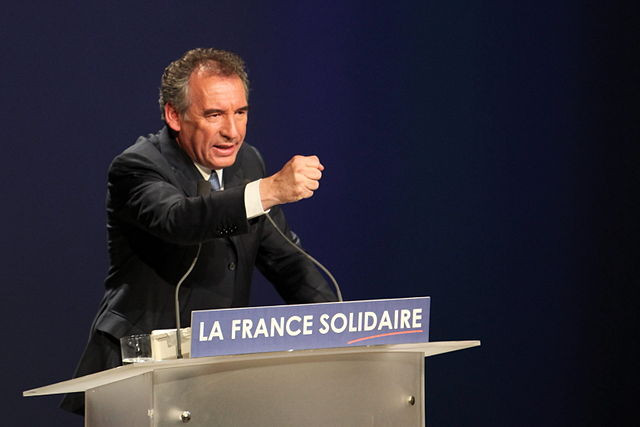French President Emmanuel Macron has named François Bayrou as the country's new prime minister, marking the fourth appointment to the role this year. Bayrou, a centrist and longtime ally of Macron, steps into office following the dramatic collapse of Michel Barnier's government after a no-confidence vote last week.
Bayrou's appointment comes at a pivotal moment for France, as the government faces mounting challenges, including a fractured parliament and a contentious 2025 budget. The no-confidence vote, triggered by an unusual alliance between leftist and far-right opposition parties, highlighted the deep political divisions plaguing the country. "Everyone understands the difficulty of the task," Bayrou said after his appointment. "I think that reconciliation is necessary."
The announcement was delayed for several days, underscoring the political stalemate gripping France. Macron had promised to name a successor within 48 hours of Barnier's resignation but missed multiple deadlines. Reports suggested tense discussions between Macron and Bayrou at the élysée Palace, with some French media indicating that the president initially hesitated to appoint Bayrou.
Bayrou, 73, brings decades of political experience to the role. He founded the centrist Democratic Movement in 2007 and has previously served as education minister and briefly as justice minister. However, his tenure in government has not been without controversy; he resigned as justice minister in 2017 amid an investigation into the alleged misuse of European Parliament funds. Bayrou was later acquitted, though prosecutors have appealed the decision.
The incoming prime minister faces immediate pressure to form a government capable of surviving a divided parliament. France's legislature is currently split among three blocs-left, center-right, and far-right-making consensus elusive. Barnier's government, which sought to pass an unpopular budget cutting social spending, collapsed after Marine Le Pen's National Rally withdrew support over unresolved policy disagreements.
Jordan Bardella, president of the National Rally, criticized Bayrou's appointment, claiming he holds "no democratic legitimacy or majority." Bardella urged Bayrou to engage with opposition parties but maintained that the party's red lines, which brought down Barnier, remain unchanged. On the left, Socialist leader Olivier Faure signaled a willingness to work with the new government but warned against bypassing parliament to force through legislation. "A choice that could worsen the democratic crisis," Faure said of Bayrou's selection.
Bayrou's task is complicated further by France's budget deficit, which is projected to reach 6.1% of GDP in 2024. The National Rally has demanded increased pensions and cuts to contributions to the European Union, while the leftist New Popular Front has called for higher taxes on the wealthy and more public spending. Analysts predict that the political deadlock may lead to a provisional budget, effectively rolling over 2024's spending plan-a move that would delay addressing France's fiscal challenges.
Amid the political uncertainty, markets reacted cautiously to Bayrou's appointment. The yield on France's 10-year government bond rose slightly to 3.01%, reflecting investor concerns about the country's ability to stabilize its economy. The French CAC 40 index also dipped slightly, trading up just 0.12% after the announcement.
Bayrou's ability to navigate these challenges will be critical to stabilizing Macron's government. His appointment follows a tumultuous year in French politics, with Macron's centrist coalition losing its majority in legislative elections and struggling to gain the support needed to govern effectively. Barnier's ousting marked the first time a French government was toppled by a no-confidence vote since 1962.
Marine Tondelier, leader of the Greens and a key player in the leftist bloc, stated her party would withhold judgment on Bayrou's government but would not hesitate to bring it down if Macron-era policies remain unchanged. It would have "no other choice," Tondelier said, emphasizing her opposition to the continuation of unpopular measures.
Bayrou has expressed optimism about bridging divides and building consensus but acknowledged the difficulty of the task ahead. "When you're on a path and you know where you're going, time isn't wasted," he said after his nomination. Whether he can transform that optimism into concrete results remains uncertain as France's fractured political landscape shows no signs of immediate reconciliation.




